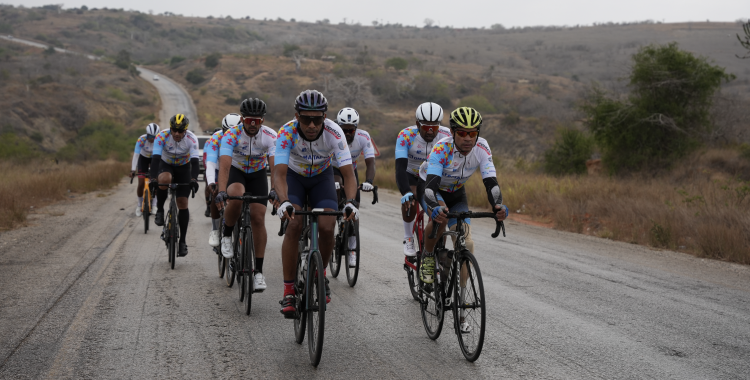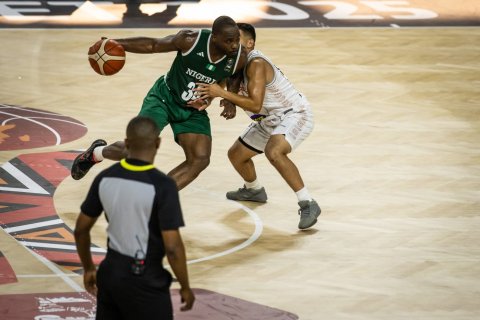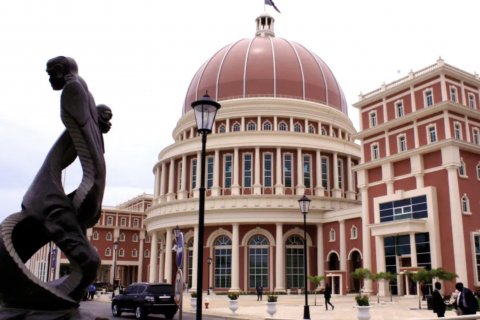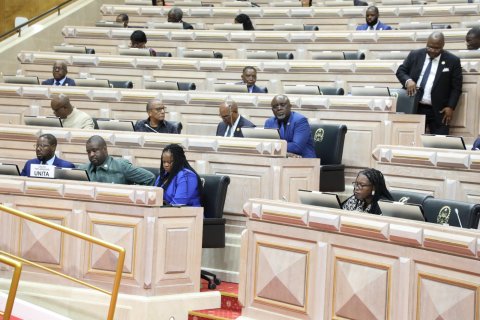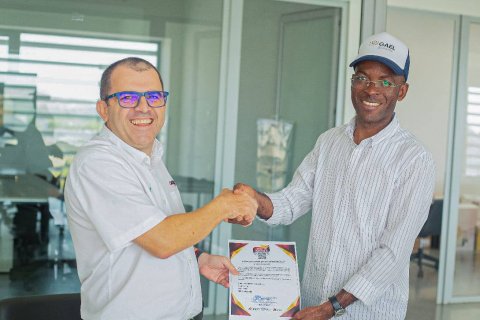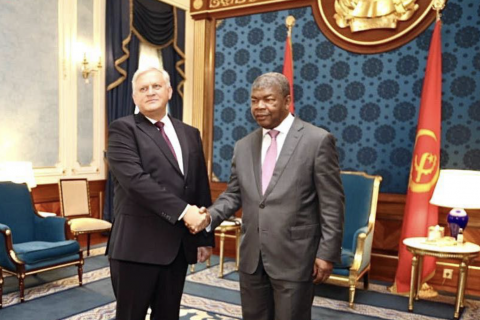The group of cyclists, led by Hélder Chipenda, began the route in Ramiros.
"The route began in Ramiros, following the EN100 National Road, highlighting the demanding Kikombo climb in Cuanza Sul, and had the support of the National Police and INEMA to ensure safety," reads a statement sent to VerAngola.
Hélder Chipenda considered this experience much more than "a physical crossing."
"Every kilometer cycled was a step towards a more inclusive Angola. The receptiveness of the communities shows that the message is getting through, but also that there is still much to do. The support of our sponsors was essential for making this edition possible and for us to be able to transform lives and communities," said the leader of the group of volunteers, which was composed of cyclists from Luanda, Lobito, and Benguela, "including Paralympian Paulo Silva and two athletes."
"During the journey, Special Education specialists and therapists conducted awareness-raising activities, highlighting warning signs for early diagnosis of Autism Spectrum Disorder (ASD) and reinforcing the importance of specialized monitoring," the statement reads.
The arrival in Lobito, the document states, "was marked by community meetings and initiatives that encouraged dialogue about inclusion and inspired other similar initiatives."
This edition of the Neurodiversity Ride had the Omatapalo group as its official sponsor and "reaffirmed itself as a collective act of awareness that spans provinces, mobilizes communities, and breaks down prejudices surrounding conditions such as autism, ADHD, and dyslexia."
"More than a sporting event, the journey was a movement of empathy and respect, bringing information to families, schools, and institutions," the statement reads.

